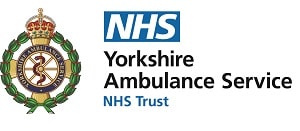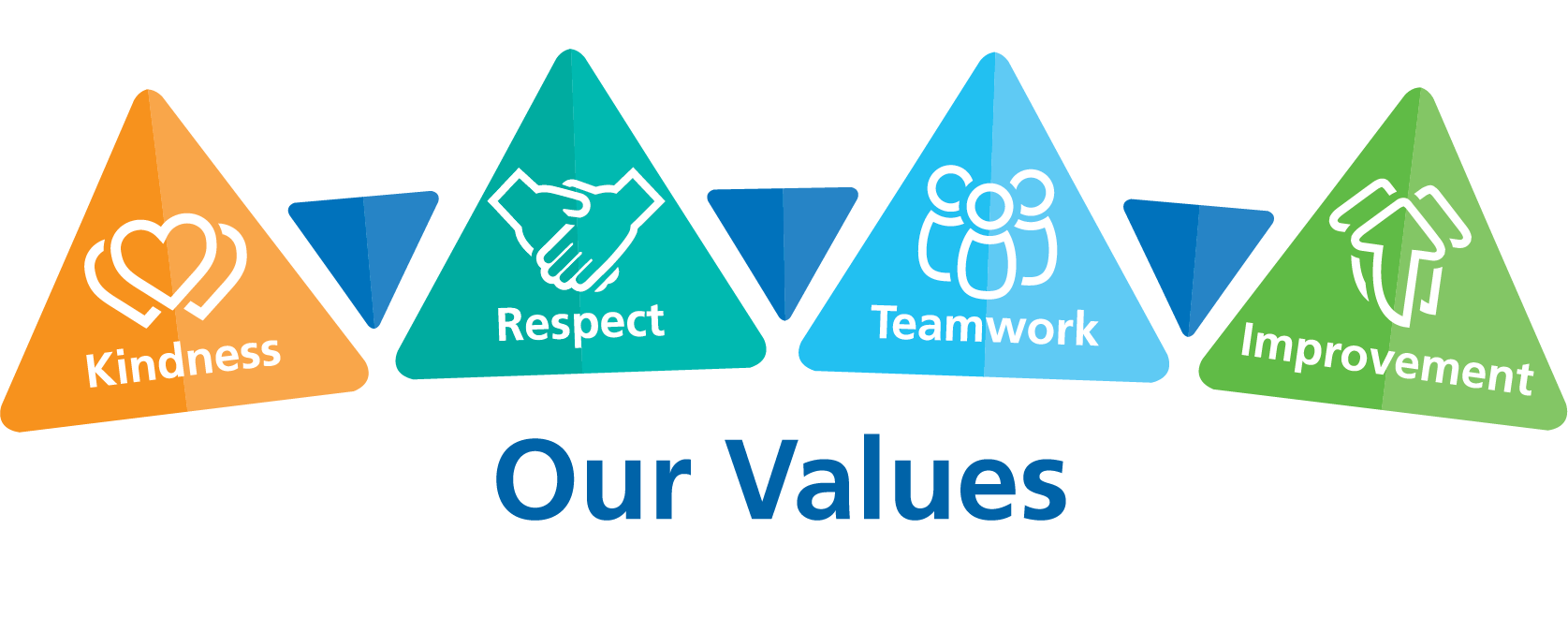Neurodiversity and learning disabilities
We are committed to developing initiatives that support patients with learning disabilities and/or those who are neurodiverse.
We have a Mental Health, Learning Disability and Neurodiversity Coordinator who leads this work. The main priorities are to continue to roll out all staff training, and work with service areas to identify areas for improvement for the learning disability and neurodiverse community.
Health and Care Passport
A Health and Care Passport is for anyone with a learning disability or autism. It is an important document which tells NHS staff about a person’s needs such as medication, personal details and how they like to communicate. A Health and Care Passport should be taken to every healthcare appointment and can help a person get the best care. If you are admitted to hospital for treatment overnight or for a long stay, you can give the Health and Care Passport to the doctor or nurse responsible for your care and ask them to make sure it is kept with your patient notes at the end of your bed.
The passport must be portable to enable its use in a range of settings and locations. It can be in a physical or digital form or a combination of formats.
If you are taken to hospital in an ambulance, you can also give your Health and Care Passport to paramedics/ambulance staff.
Regularly update your Health and Care Passport
It’s important to regularly update your Health and Care Passport because you never know when you might need it – for example in an emergency.
How do I complete a Heath and Care Passport?
You can complete the Health Passport independently or ask your family, friend or carer to help you complete it. You can also ask a member of your local learning disability team to help you.
Useful links
It’s important to know that not all Health and Care Passports look the same, depending on different areas where you might live or different healthcare providers. Below is an NHS England template which can be downloaded.
NHS England Health and Care Passport template (downloadable)
NHS England » Health and care passports: implementation guidance
Frequently Asked Questions
Do health and social care professionals and my GP already know the information in my Health and Care Passport?
Health and social care professionals may know that you have a learning disability via information stored in their clinical system. However, they may not know how you chose to communicate, what reasonable adjustments should be made to support you or how to make things easier for you when attending your appointments and receiving care. The Health and Care Passport will contain this information and will assist staff at your appointment to provide you with the best care.
How many Health and Care Passports do I need?
You only need one Health and Care Passport which should be kept updated. You should take your Health and Care Passport to your healthcare appointment or if you go to hospital in an emergency.
Once you have attended your appointments, you can take the Health and Care Passport back home with you to be stored in a safe place.
Who owns the Health and Care Passport?
A Health and Care Passport is owned by the individual. Each person decides what they want to include, who they want to support them to complete it and who it should be shared with.
The Health and Care Passport can be a signposting tool for other useful information
If there is more information held elsewhere, such as in a communication passport, or an eating and drinking plan, then the Health and Care Passport can contain this and inform the reader where, and how, to access additional information.
Will I still receive healthcare treatment if I don’t have one?
Yes.
Information for health and care staff
Health and care staff should be aware of the value of Health and Care Passports, take note of and incorporate the content of the passport into the care and support provided to the individual.
A Health and Care Passport not only enhances patient safety but it also a tool to support and enable health and care staff to meet key legal duties including the Equality Act 2010, Reasonable Adjustments and the Mental Capacity Act 2005.
It should be the choice of the individual to decide when to update their passport, prompts could be built into systems such as at the Annual Health Check or working with local voluntary and independent sector partners.
People with a learning disability often talk about trying to show health and care staff their passport but find it is ignored. It is important that this does not happen as the passport is a vital tool to reduce health inequalities.

